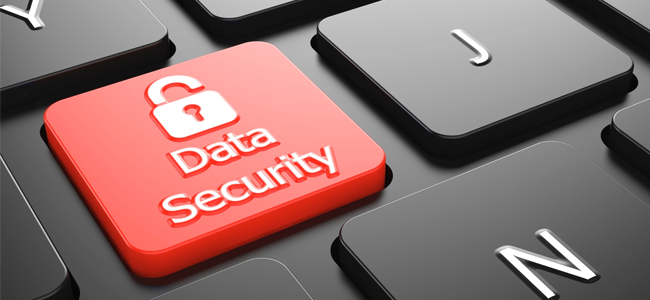
In today’s digital world, where online presence has become mandatory for businesses of all sizes, securing your website hosting and data protection is critical. With cyberattacks becoming increasingly sophisticated, businesses must take proactive measures to safeguard their online assets.
In this article, we’ll discuss some best practices for secure website hosting and data protection to keep your website safe from malicious activities.
- Choose a Secure Web Host
Your website’s security largely depends on the reliability and security of the web hosting service. Therefore, it is essential to choose a reputable and secure web host. Look for hosts that offer features such as SSL certificates, firewalls, malware scans, and secure backup systems.
- Keep Your Software Up-to-date

Regular software updates are crucial to keep your website secure. Cybercriminals always look for vulnerabilities in outdated software and exploit them to gain access to your website. Hence, make sure that all your website applications, plugins, and CMS are up-to-date.
- Use Complex Passwords
Weak passwords make it easy for hackers to access your website. Always use strong, complex passwords that are difficult to guess. Furthermore, use different passwords for different accounts and change them frequently.
- Secure Your Data with Encryption
Encrypting your data is one of the most effective ways to safeguard it. Encryption converts your data into a code that can only be decoded through a key or password. By doing so, you can ensure that your data is protected even if it falls into the wrong hands.
- Regular Data Backup
Accidental data loss can happen at any time, making regular data backups essential. Backup your website data on a regular basis, and keep it safe in a separate location.
- Limit Access to Your Website

Limit access to your website to the necessary personnel only. Only provide access to people who need it for their job, and keep track of who has access. Furthermore, always revoke access for people who have logged out or left your organization.
- Regular Security Scanning
Regularly checking your website for security vulnerabilities is an essential measure to keep it safe. Use reliable security scanning tools to scan for malware, vulnerabilities, and other potential security threats.
Securing your website hosting and data protection is critical to protect your online assets. By implementing the best practices mentioned above, you can reduce the risk of cyber attacks and ensure that your website is safe and secure. While there is no bulletproof security solution, these best practices can help you stay ahead of potential threats and minimize the damage in case of a security breach.











